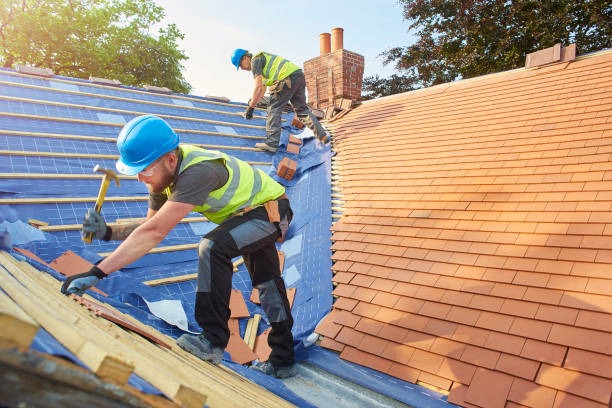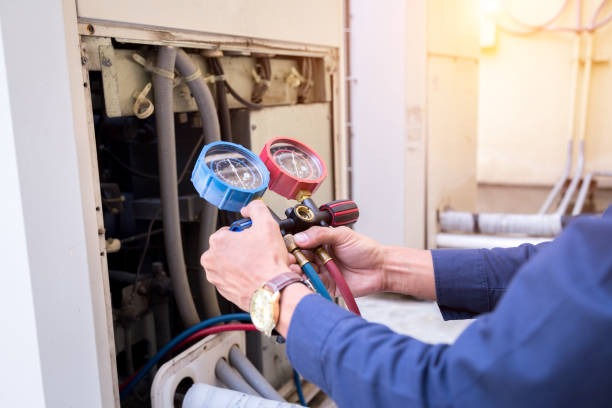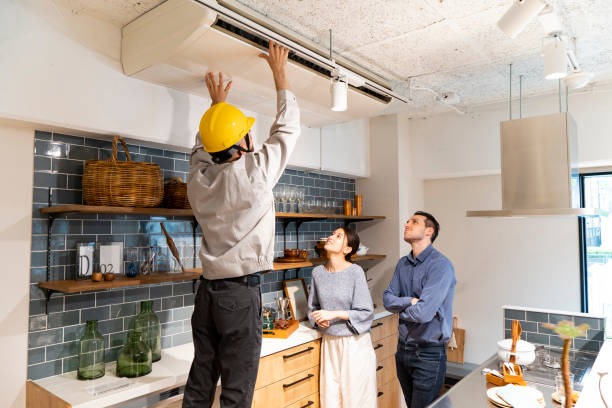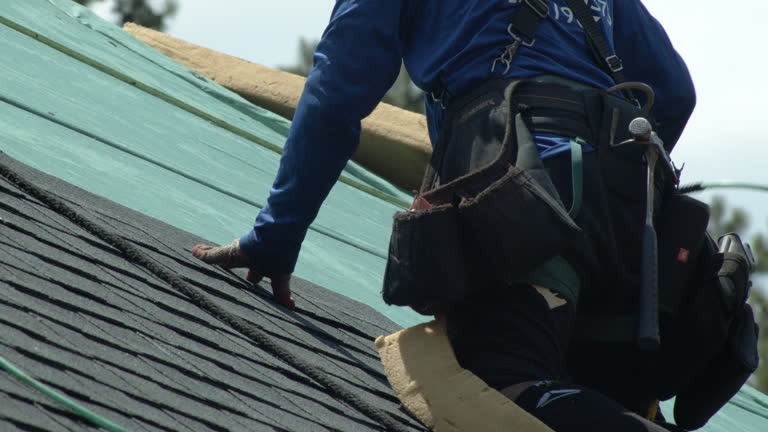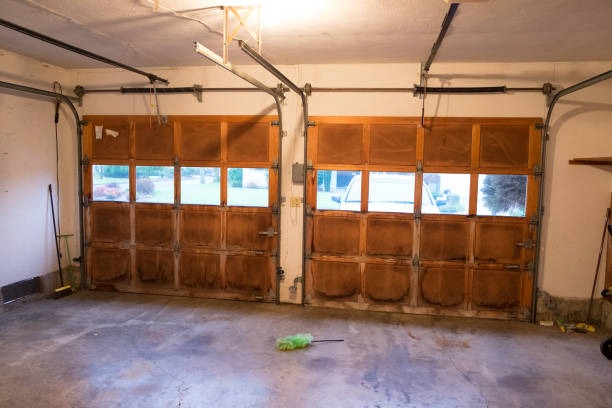Deciding whether to repair or replace an HVAC system is a common dilemma for homeowners and business owners alike. The choice can significantly impact comfort, energy efficiency, and long-term expenses. Understanding the factors involved in making this decision helps ensure that you invest wisely in your heating and cooling needs. One of the first considerations is the age of the current system. Most HVAC units have a lifespan of about 10 to 15 years. If your system is approaching or exceeding this range, replacement may be more cost-effective than ongoing repairs. Older units often require frequent maintenance and may lack modern energy-saving features, leading to higher utility bills.
Another key factor is the nature and frequency of the problems your HVAC system experiences. Occasional minor repairs might be manageable, but repeated breakdowns indicate underlying issues that could escalate. If you find yourself calling a technician multiple times within a short period, it might be time to consider replacement rather than continuing to patch up an aging system. Repair costs should also be evaluated relative to the price of replacement. A general rule of thumb is that if repair costs exceed 50% of what a new unit would cost, investing in a new system is usually more economical in the long run.
Energy efficiency plays an important role in explore this link for additional information decision as well. Newer HVAC models are designed with advanced technology to consume less energy while providing better performance. Upgrading to a modern system can reduce monthly energy bills and contribute to environmental sustainability by lowering your carbon footprint. Additionally, many new units come with warranties and enhanced safety features that older systems lack.
Comfort considerations should not be overlooked either. An aging HVAC unit may struggle to maintain consistent temperatures or humidity levels throughout your space. This can lead to discomfort during extreme weather conditions. Replacement systems often offer improved airflow and better temperature control, enhancing overall indoor comfort.
Professional assessment is invaluable when deciding between repair and replacement. HVAC technicians can diagnose problems accurately and provide estimates for both options. They can also advise on available incentives such as rebates or tax credits for installing energy-efficient equipment.
Ultimately, choosing between repairing or replacing your HVAC system depends on balancing immediate costs with long-term benefits. Evaluating the age, condition, efficiency, and performance of your unit will guide you toward the best solution for your needs while ensuring reliable climate control year-round.


